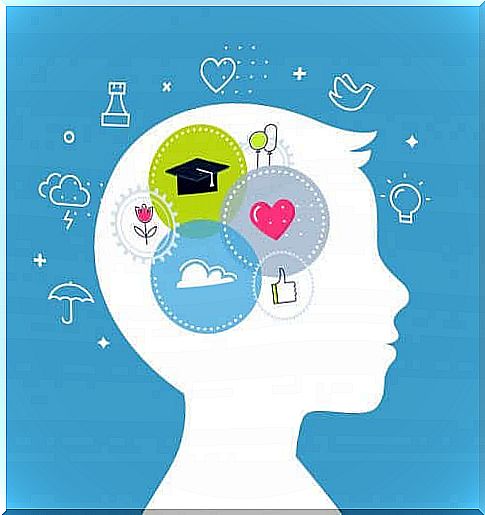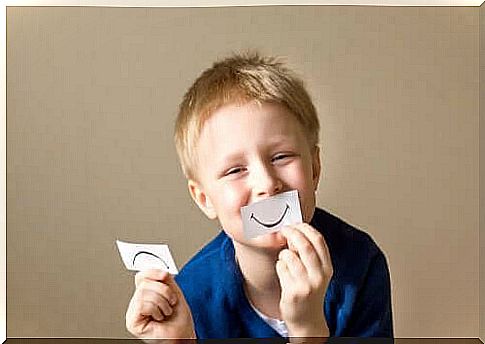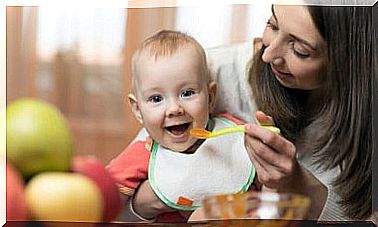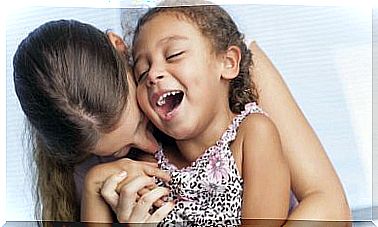Socio-emotional Skills In Children – I’m A Mom

You have certainly heard about emotional education and the importance it has for the integral development of children. The main objective of this type of education is to enhance the acquisition of socio-emotional skills. These skills are essential for our children to grow up relating correctly to the environment.
Socio-emotional skills in children
According to authors Rafael Bisquerra Alzina and Nuria Pérez Escoda, socio-emotional skills can be defined as:
Thus, in the development of this set of knowledge, capabilities, skills and attitudes, the following actions are highlighted:
- Identify and regulate your own feelings, emotions and behaviors.
- Recognize your own personal qualities.
- Recognize and understand the feelings and points of view of others.
- Work and strive to achieve personal goals.
- Accept and respect differences between people.
- Use positive communication.
- Prevent, manage and resolve interpersonal conflicts in a constructive way.
- Act on the basis of some ethical and civic values.
- Make responsible decisions.
- Contribute to people’s well-being.

Finally, all this can be classified into five categories, which we must know in order to provide children with a complete education.
Classification of socio-emotional skills
As we mentioned before, we have to keep in mind a series of essential aspects to develop these skills in our children. Thus, the different socio-emotional skills can be grouped into five categories.
emotional awareness
It can be defined as the action of being aware of one’s own emotions and the emotions of others, understanding them and naming each one of them. In addition, it also refers to being able to recognize the emotional climate of a given situation.
Emotional regulation
It is about manipulating, managing, expressing and facing emotions correctly, taking into account that emotional states influence cognition and behavior.
“When I say controlling emotions, I mean really stressful and disabling emotions. Feeling emotions is what makes our life fun”.
-Daniel Goleman-
Emotional autonomy
It refers to developing a series of characteristics and elements related to personal self-management, such as:
- High self-esteem.
- Positive attitude towards life.
- Responsibility.
- Critical analysis of social norms.
- Emotional self-efficacy.
- Resilience.
“There is no separation between mind and emotions. Emotions, thoughts and learning are related”.
-Eric Jensen-
interpersonal intelligence
It is the ability to understand the intentions, motivations and desires of others, establishing healthy social relationships, which involves practicing positive and effective communication, thus showing respect, empathy, pro-social attitudes, assertiveness, cooperation, etc.

Life Skills and Wellness
These are skills necessary to face everyday life satisfactorily, such as:
- Set goals and objectives.
- Make decisions and take responsibility.
- Seek support and help when needed.
- Recognize and respect the rights and duties of oneself and others.
So that one can organize one’s life in a peaceful way, at the same time experiencing a deep subjective well-being.
Learning socio-emotional skills
Although during childhood we have to enhance the social-emotional skills, we must take into account that, in order to acquire some of them, it is necessary to present a certain degree of maturity.
Finally, it can definitely be said that learning emotional education is a process that begins in childhood but continues throughout life.









